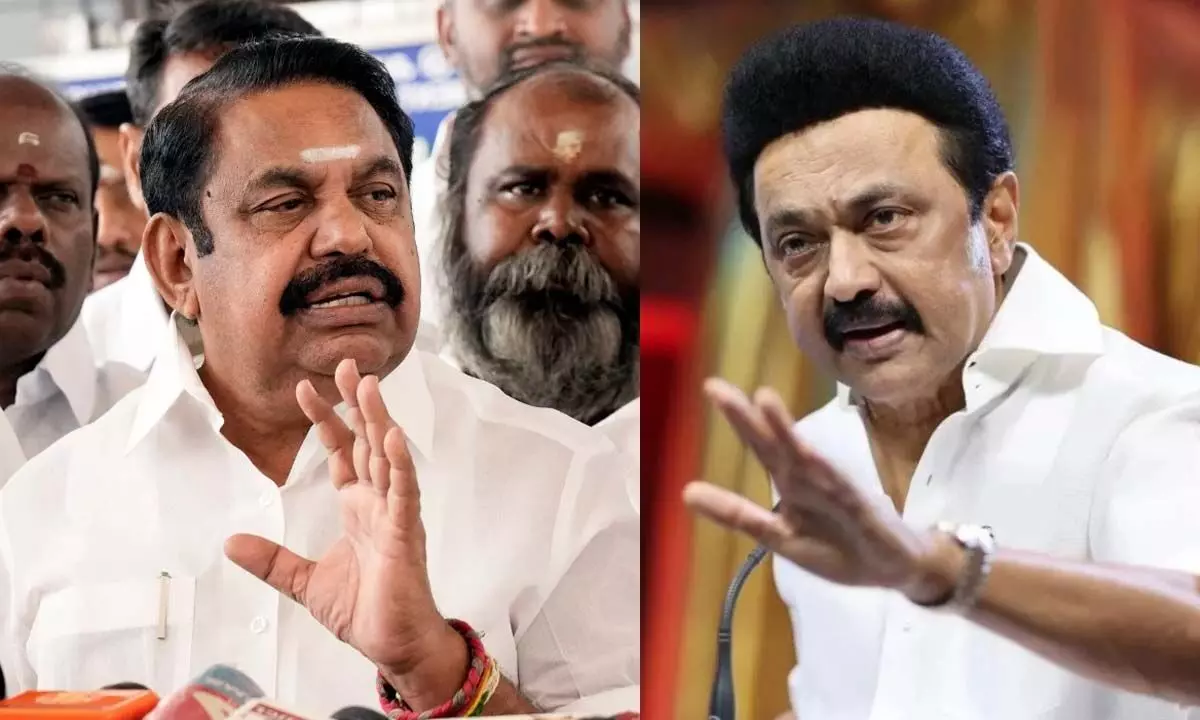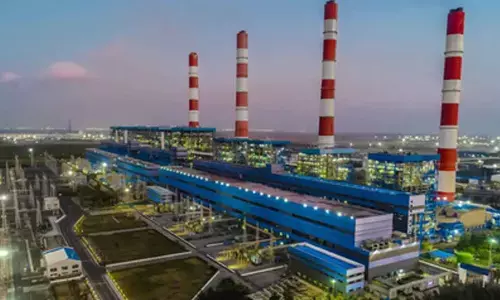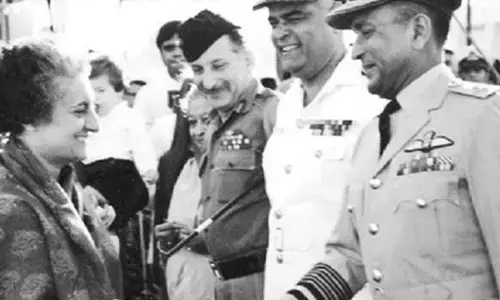AIADMK's Palaniswami Slams Stalin Over NITI Aayog U-Turn, Alleges Personal Motives

AIADMK leader Edappadi Palaniswami criticizes Tamil Nadu CM MK Stalin for attending NITI Aayog meeting after previously boycotting it, claiming personal rather than public interest motivates the visit.
Tamil Nadu's political landscape witnessed fresh controversy as Leader of the Opposition and AIADMK general secretary Edappadi K Palaniswami launched a scathing attack on Chief Minister MK Stalin over his decision to attend the NITI Aayog meeting in New Delhi. Palaniswami alleged that Stalin's participation was driven by personal considerations rather than genuine concern for the state's welfare.
The AIADMK leader highlighted what he termed as Stalin's inconsistent approach toward the central policy think tank. "The Tamil Nadu Chief Minister who once boasted about boycotting the NITI Aayog meeting, claiming that the Central Government was avoiding Tamil Nadu, is now suddenly attending the meeting," Palaniswami stated, questioning the DMK leader's credibility on federal cooperation.
Palaniswami's criticism centered on the timing and motivation behind Stalin's changed stance. The Opposition leader suggested that the Chief Minister's priorities were misplaced, claiming that Stalin was absent when Tamil Nadu genuinely needed representation but chose to attend now for ulterior motives.
"He didn't go when Tamil Nadu people needed, but now he is going for family sake," Palaniswami remarked, implying that the official visit was being used as a cover for personal interests.
The current exchange represents the latest chapter in an ongoing war of words between the two Tamil Nadu political heavyweights. The political animosity became particularly evident in March when Stalin had publicly mocked Palaniswami's own visit to Delhi during a crucial Assembly session.
During a public event on March 30, Stalin had ridiculed the AIADMK leader's absence from the Tamil Nadu Assembly during debates on a resolution against the Waqf Amendment Bill. The DMK government had positioned this resolution as a defense of Muslim community rights, making Palaniswami's absence politically significant.
Stalin's criticism of Palaniswami had been particularly pointed, focusing on both the timing and manner of the AIADMK leader's Delhi trip. "Early in the morning, without informing anyone, he took a flight to Delhi. After landing, he switched four cars as if he were involved in a scam before meeting Amit Shah," Stalin had said, painting the visit as secretive and potentially questionable.
The Chief Minister had also highlighted the confusion within AIADMK ranks during Palaniswami's absence, describing how party leaders exchanged nervous glances and made frantic phone calls during the crucial Assembly discussion. Stalin claimed that the state's resolution against the Waqf Amendment Bill had received widespread support from Muslim communities across India, making the Opposition leader's absence more conspicuous.
Stalin had also taken aim at Palaniswami's political ambitions during his March remarks, noting a shift in the AIADMK leader's public statements. "While EPS once claimed his party would form the next government, he now only says they will be the next opposition," Stalin had observed, suggesting declining political confidence within the AIADMK.
This exchange reflects the broader political dynamics in Tamil Nadu, where both the DMK and AIADMK frequently engage in public disputes over policy positions, federal relations, and political priorities. The criticism over NITI Aayog attendance highlights the complex relationship between state governments and central institutions, particularly when political parties attempt to balance regional interests with national engagement.
The ongoing verbal sparring between Stalin and Palaniswami demonstrates how personal political rivalries often intersect with substantive policy debates, creating a charged atmosphere that influences public discourse on governance and representation in Tamil Nadu.














